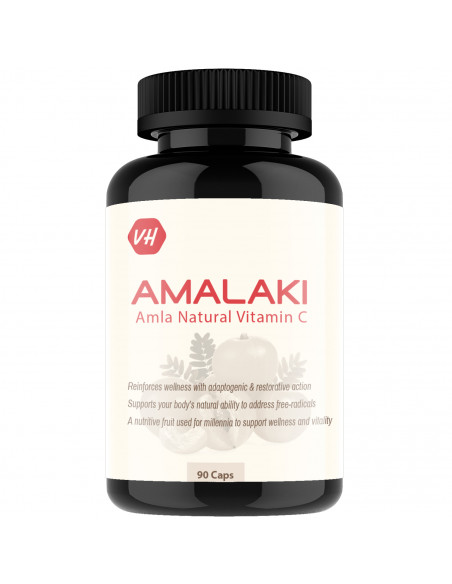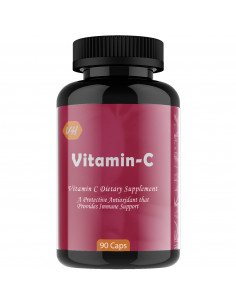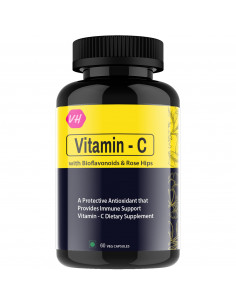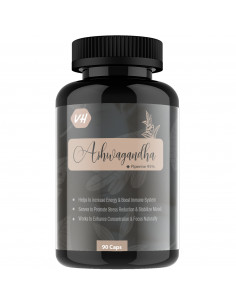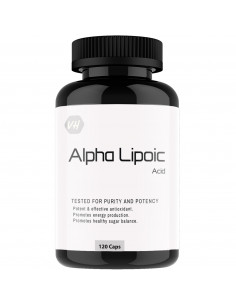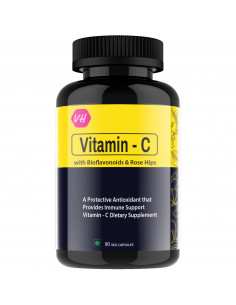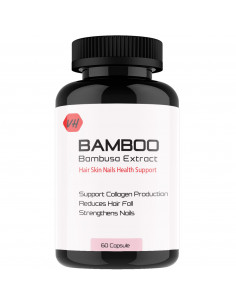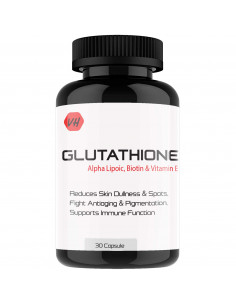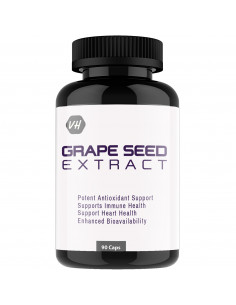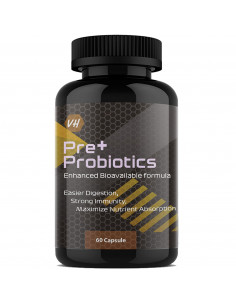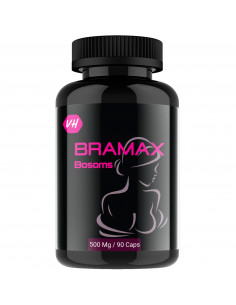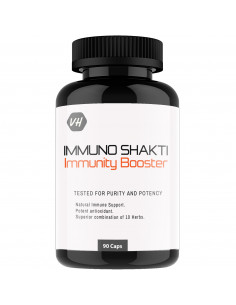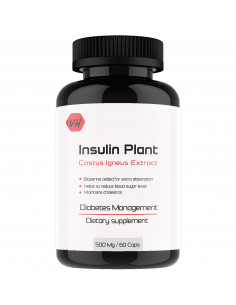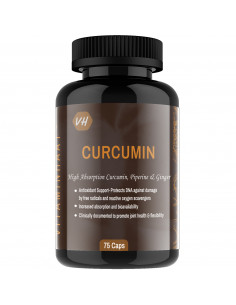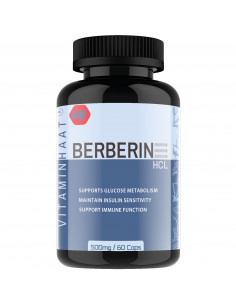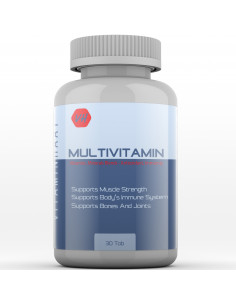Enhance your health naturally with Amalaki Capsules, a powerhouse of antioxidants and essential nutrients derived from pure Indian Gooseberry (Amla). Rich in Vitamin C, polyphenols, and bioactive compounds, Amalaki is known for its immune-boosting, anti-aging, and digestive benefits. Our premium Amalaki supplement supports better immunity, glowing skin, healthy digestion, and overall vitality. Made with 100% pure Amla extract, these capsules are free from artificial additives and fillers, ensuring maximum potency and absorption.
Natural Vitamin C - Amla Extract Capsules - 750 mg Amalaki - Immunity Booster
3 Reviews
- Amalaki helps boost immunity by building the body's natural defense system to fight infections.
- The active constituents of Amalaki has antioxidant effects that help rid the body of cell damaging free radicals.
- The herb enhances general health and performance by helping the body cope with stress.
- Amla is one of the highest natural sources of vitamin C.
You might also like
Antioxidants
Vitamin C with Bioflavonoids & Rose Hips, 1000 mg Per Serving, 60 Veg Capsules
22 Reviews
₹799.00
₹1,599.00
15 other products in the same category:
Vitamins & Health
Vitaminhaat Bamboo Bambusa Extract Collagen Production Support 60 Capsules
3 Reviews
₹499.00
₹999.00
Antioxidants
Glutathione (with ALA, Biotin, Vit - E, Skin Vitamins ) for Skin Brightening & Anti-Ageing
5 Reviews
₹699.00
₹1,399.00
Antioxidants
Vitamin C with Bioflavonoids & Rose Hips, 1000 mg Per Serving, 60 Veg Capsules
22 Reviews
₹799.00
₹1,599.00
Antioxidants
Grapes Seed Extract Immune System & Antioxidant Supplement 90 Capsules
14 Reviews
₹499.00
₹1,099.00
Antioxidants
Pre & Probiotics Supplement for Men and Women, with 30 Billion CFU Prebiotics, Improves...
2 Reviews
₹499.00
₹1,099.00
Anxiety & Stress
Vitaminhaat Insulin Plant (Costus Igneus) Extract Capsules – Natural Support for Blood...
₹499.00
₹1,099.00
Vitamins & Health
Vitaminhaat Berberine Capsules – Natural Blood Sugar Control, Heart Health & Metabolism...
₹899.00
₹1,499.00
Antioxidants
Multivitamin with Vitamins, Minerals Blends - Antioxidants, Immunity, Brain Health
10 Reviews
₹299.00
₹699.00
30 Tablet
60 Tablet
Customers who bought this product also bought:
Antioxidants
Glutathione (with ALA, Biotin, Vit - E, Skin Vitamins ) for Skin Brightening & Anti-Ageing
5 Reviews
₹699.00
₹1,399.00
Antioxidants
Pre & Probiotics Supplement for Men and Women, with 30 Billion CFU Prebiotics, Improves...
2 Reviews
₹499.00
₹1,099.00
Customers who bought this product also bought:
Antioxidants
Pre & Probiotics Supplement for Men and Women, with 30 Billion CFU Prebiotics, Improves...
2 Reviews
₹499.00
₹1,099.00
Antioxidants
Glutathione (with ALA, Biotin, Vit - E, Skin Vitamins ) for Skin Brightening & Anti-Ageing
5 Reviews
₹699.00
₹1,399.00
Reviews
3 Reviews
Good
Good product.
Very good
Feeling better and energetic even my parents feeling better
Good
Like it for my family ❤️

